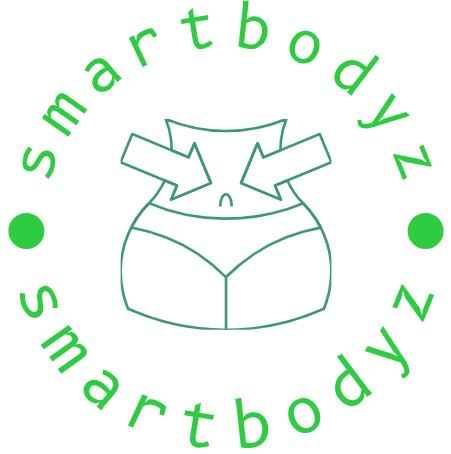How to recognize signs of nutritional deficiencies is an important topic for anyone interested in maintaining good health. Nutritional deficiencies occur when the body lacks essential nutrients needed for proper function. These deficiencies can lead to various health issues, so it’s vital to know what to look for. In this article, we’ll discuss common signs and symptoms of nutritional deficiencies, helping you to identify when you might need to make dietary changes.
Understanding Nutritional Deficiencies
Nutritional deficiencies can arise from several factors, including poor diet, absorption issues, and certain medical conditions. To better understand how to recognize signs of nutritional deficiencies, we need to look at the nutrients that are commonly deficient and the signs that indicate a problem.

1. Fatigue and Weakness
One of the most common signs of nutritional deficiencies is fatigue. If you often feel tired or weak, it could be due to a lack of essential nutrients like iron, vitamin D, or vitamin B12. Iron deficiency, in particular, can lead to anemia, which causes fatigue due to the body’s inability to carry oxygen effectively. If you find yourself feeling more tired than usual, consider evaluating your diet for these nutrients.
2. Skin Issues
The condition of your skin can also provide clues about your nutritional health. Dry, flaky skin might indicate a deficiency in essential fatty acids or vitamin E. Meanwhile, a lack of vitamin A can cause dry skin and a rough texture. If you notice changes in your skin’s appearance, it may be a sign that your body is not getting the nutrients it needs.
3. Hair Changes
Your hair can be another indicator of nutritional deficiencies. If you experience excessive hair loss or notice that your hair has become brittle and dull, this could signal a lack of protein, iron, or certain B vitamins. Hair health is often a reflection of overall nutritional status, so it’s essential to ensure you’re consuming a balanced diet.
4. Digestive Issues
Digestive problems such as bloating, gas, or constipation can also be signs of nutritional deficiencies. A lack of fiber in your diet can lead to these issues, as can deficiencies in certain vitamins and minerals that help with digestion. If you frequently experience digestive discomfort, consider evaluating your fiber intake and overall nutrition.
5. Mood Changes
Nutritional deficiencies can affect your mental health as well. For instance, a deficiency in omega-3 fatty acids or B vitamins can contribute to feelings of anxiety and depression. If you notice changes in your mood or emotional well-being, it might be worthwhile to examine your diet for essential nutrients that support mental health.
6. Weak Immune Function
A healthy immune system relies on proper nutrition. If you find yourself getting sick more often or taking longer to recover from illnesses, it could be a sign of nutritional deficiencies. Vitamins such as C and D, as well as minerals like zinc, play crucial roles in immune function. Ensuring you have adequate levels of these nutrients can help strengthen your immune response.
7. Dental Issues
Your oral health can also reflect your nutritional status. Signs like gum bleeding, mouth sores, or tooth decay may indicate deficiencies in vitamin C or calcium. If you notice any unusual changes in your dental health, it’s a good idea to assess your dietary intake of these essential nutrients.
8. Frequent Cravings
If you often find yourself craving certain foods, it may be a sign of nutritional deficiencies. For instance, cravings for chocolate might indicate a magnesium deficiency, while cravings for salty foods could suggest a lack of sodium. Paying attention to your cravings can provide insights into what your body may be lacking.
9. Difficulty Concentrating
If you have trouble focusing or find it hard to concentrate, this could be linked to nutritional deficiencies. Low levels of iron, omega-3 fatty acids, and various B vitamins can all impact cognitive function. If you’re struggling with focus, consider evaluating your nutrient intake to see if adjustments are needed.
10. Unusual Nail Growth
Finally, changes in your nails can signal nutritional deficiencies. Brittle, peeling, or slow-growing nails may indicate a lack of biotin, protein, or other essential nutrients. Paying attention to your nail health can provide valuable insights into your nutritional status.
Conclusion
In conclusion, how to recognize signs of nutritional deficiencies involves paying close attention to your body. Signs such as fatigue, skin issues, hair changes, digestive problems, mood changes, weak immune function, dental issues, frequent cravings, difficulty concentrating, and unusual nail growth can all indicate that you may need to improve your nutrition. If you notice any of these signs, consider assessing your diet and consulting a healthcare professional to ensure you’re getting the essential nutrients your body needs for optimal health.









